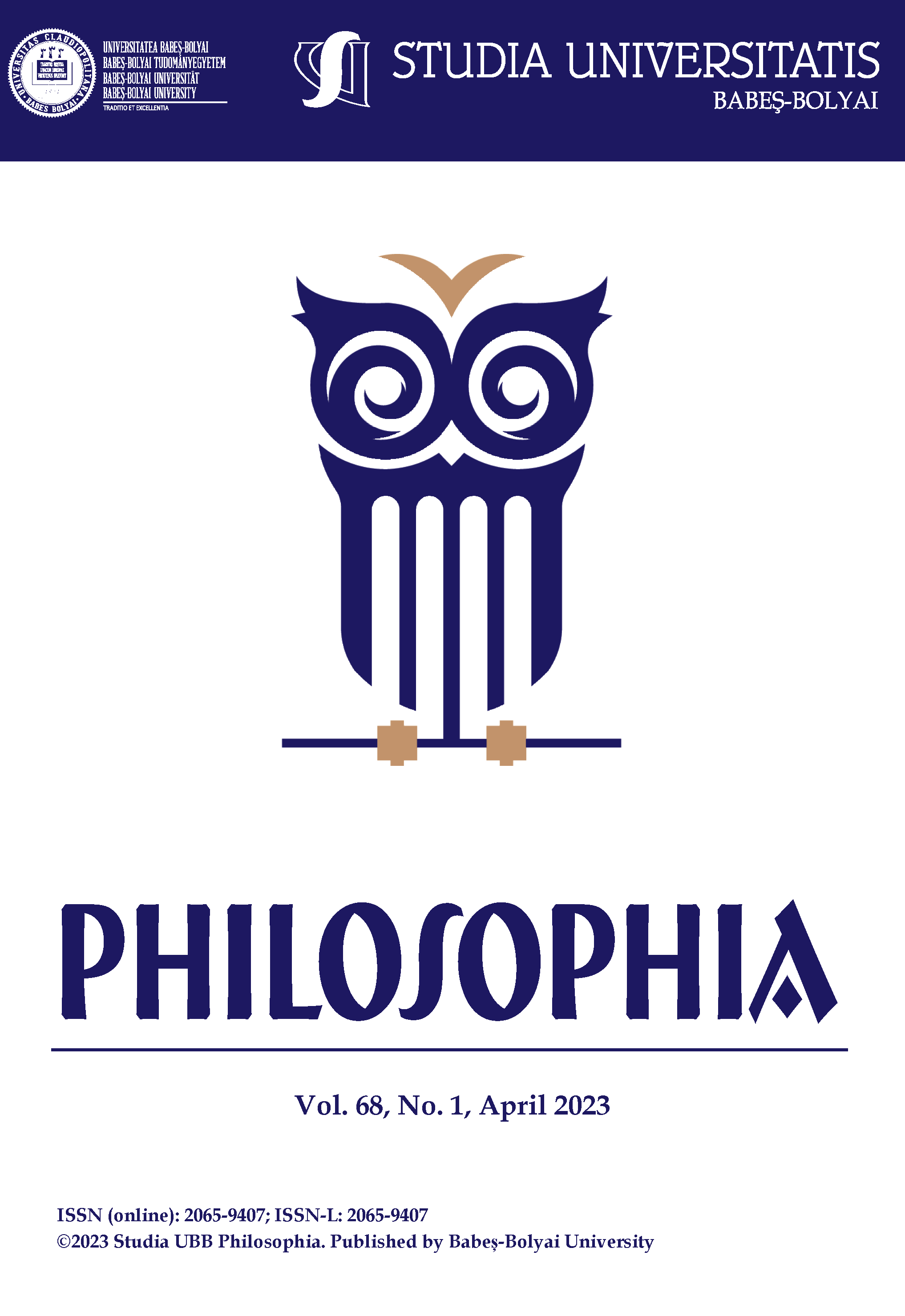ETHICAL ASPECTS OF ARTIFICIAL INTELLIGENCE FUNCTIONING IN THE XXI CENTURY
ETHICAL ASPECTS OF ARTIFICIAL INTELLIGENCE FUNCTIONING IN THE XXI CENTURY
Author(s): Vira Dodonova, Roman Dodonov, Kateryna GorbenkoSubject(s): Ethics / Practical Philosophy, Existentialism, ICT Information and Communications Technologies
Published by: Studia Universitatis Babes-Bolyai
Keywords: intelligence; artificial intelligence; ethics; responsibility; legal responsibility; human existential state; problem of redundancy; stupidity;
Summary/Abstract: The article is devoted to the ethical aspects of artificial intelligence functioning. The problem of the safe coexistence of man and artificial intelligence is taking on increasing importance. The definition of artificial intelligence and the explanation of the difference between weak, strong artificial intelligence and super-intelligence are given. The first ethical problem of artificial intelligence functioning is the existential question of human redundancy due to the spread of artificial intelligence. The article emphasizes that artificial intelligence, on the one hand, frees a person from certain areas of activity, facilitating their existence, on the other hand, it makes them superfluous in production and in personal life. The second is the problem of responsibility for the actions of artificial intelligence. The article argues for the necessity of human responsibility for the actions of artificial intelligence because artificial intelligence does not have consciousness. The third problem is the intensification of the phenomenon of stupidity in society. Artificial intelligence creates the conditions for the increasing cleverness of some segments of the population and stupidity of others, which can result in even greater mental and property inequality.
Journal: Studia Universitatis Babes-Bolyai - Philosophia
- Issue Year: 68/2023
- Issue No: 1
- Page Range: 161-173
- Page Count: 13
- Language: English

